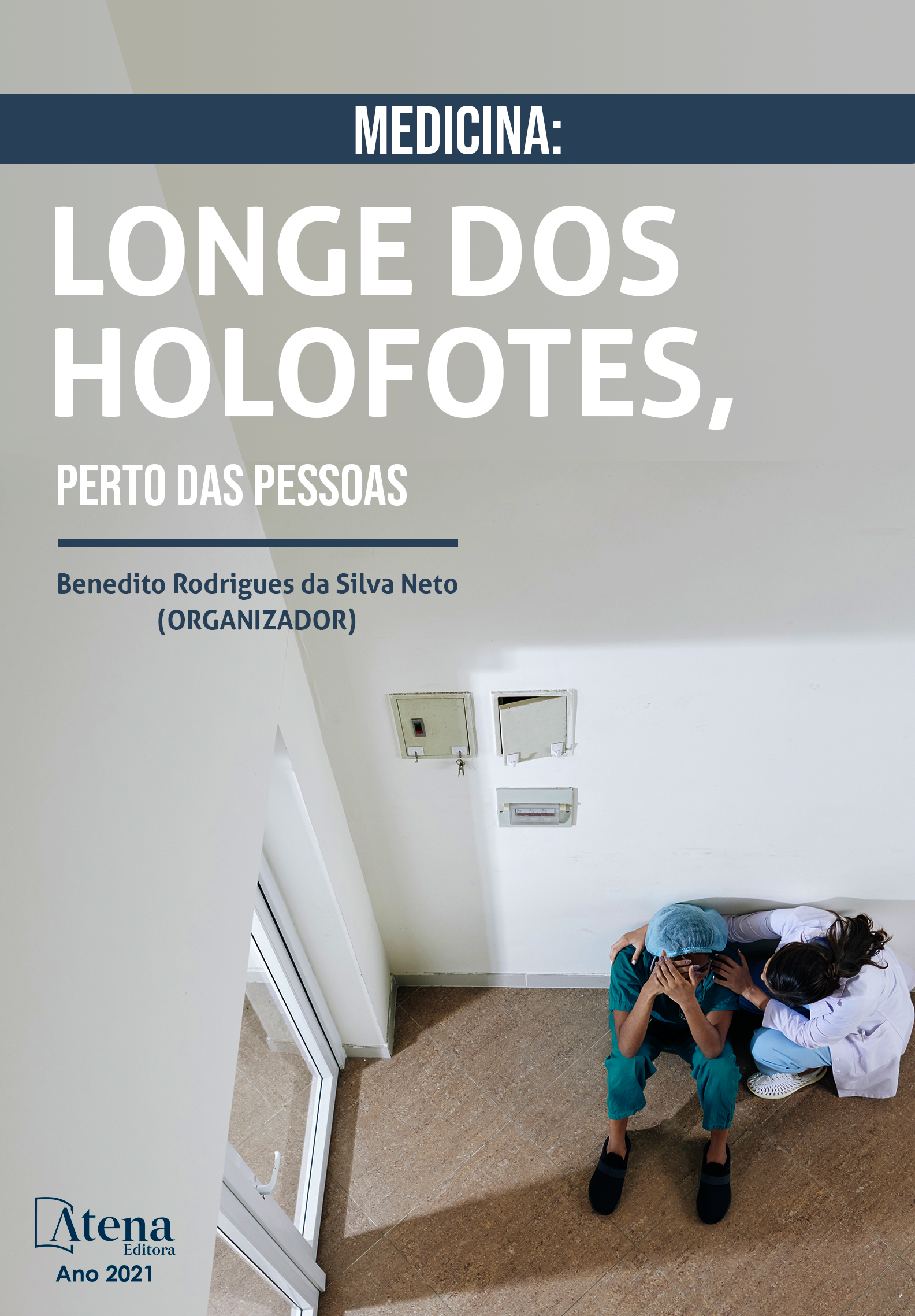
AVALIAÇÃO DA PROMOÇÃO DA SAÚDE DA MULHER COM CÂNCER DE MAMA NA ATENÇÃO BÁSICA EM UM MUNICÍPIO DO SUL DE MINAS GERAIS: ESTUDO OBSERVACIONAL
Introdução: No Brasil, excluídos os tumores de pele não-melanoma, o câncer (CA) de mama é o mais incidente entre as mulheres, sendo também uma das principais causas de morte nessa população. Afim de reduzir a morbimortalidade causada pelo CA de mama, a Atenção Básica (AB), eixo estruturante do Sistema Único de Saúde, tem como uma das principais ferramentas a promoção de saúde. Essa ferramenta é definida como um processo que permite que as pessoas tenham maior controle sobre a própria saúde por meio do amplo acesso a informações claras, consistentes e culturalmente adequadas com foco, no caso do CA de mama, principalmente, nos fatores de proteção. Objetivo: Analisar a ocorrência de orientação acerca dos cuidados de saúde da mulher pela AB a mulheres portadoras de CA de mama. Métodos: Estudo observacional de abordagem quantitativa com delineamento transversal realizado com mulheres e coordenações de Estratégia Saúde da Família (ESF) na cidade de Alfenas, MG, em 2018. A população de mulheres foi constituída por aquelas que trataram de CA de mama de 2011 até 2017. As coordenações selecionadas foram aquelas com maior número das mulheres com CA de mama adscritas em suas áreas, sendo que ambas as populações responderam a questionários específicos. Foram escolhidas questões relacionadas à promoção da saúde dos questionários. Os dados obtidos foram analisados descritivamente e pele Teste Exato de Fisher. Resultados: Metade das mulheres que frequentam a ESF relataram não haver ações que estimulam a promoção de saúde em relação ao CA de mama. Além disso, mostrou-se, na visão da mulher que a ESF não realiza palestra e/ou programas para incentivo do cuidado da saúde das mamas e que o Agente Comunitário de Saúde não as orienta acerca de exames voltados para sua saúde. Conclusão: A promoção de saúde no que concerne o CA de mama nas ESF selecionadas precisa de melhorias da efetividade de suas ações e ampliação das mesmas.
AVALIAÇÃO DA PROMOÇÃO DA SAÚDE DA MULHER COM CÂNCER DE MAMA NA ATENÇÃO BÁSICA EM UM MUNICÍPIO DO SUL DE MINAS GERAIS: ESTUDO OBSERVACIONAL
-
DOI: 10.22533/at.ed.6452108108
-
Palavras-chave: Promoção da Saúde, Atenção Primária à Saúde, Sistema Único de Saúde.
-
Keywords: Health Promotion, Primary Health Care, Unified Health System.
-
Abstract:
Introduction: In Brazil, excluding non-melanoma skin tumors, breast cancer (BC) is the most frequent among women, being also a leading cause of death in this population. In order to reduce the morbidity and mortality caused by BC, the Primary Health Care (PHC), which is the structuring axis of the Unified Health System, has as one of their main tools, the health promotion. This tool is defined as a process that allows people to gain greater control over their own health through the broad access to clear, consistent, and culturally appropriate information focusing on the case of BC, especially, on protective factors. Objective: Analyzing the occurrence of orientation about the women’s health care by PHC to women with breast cancer. Methods: It is a quantitative observational study with a cross-sectional design performed with women and coordinates of Family Health Strategy (FHS) in the city of Alfenas, MG, in 2018. The population of women was constituted by those who treated BC i n this city of 2011 until 2017. The selected coordinators were those with the largest number of women with breast CA described in their areas, and both populations answered specific questionnaires. From both questionnaires were chosen those questions related to health promotion. The data obtained were analyzed descriptively and by Fisher's Exact Test. Results: Half of the women attending the FHS reported that there are no actions that stimulate health promotion in relation to the BC. Regarding FHS, except for the orientation to identify alterations in the breast and axilla region, only half of them reported to perform some of the actions to control the development of the BC. In addition, it has been shown, in the view of the woman, that the FHS does not performed lectures and/or programs to encourage breast health care and that the Community Health Agent does not advise them on examinations aimed at women's health. Conclusion: Health promotion in what concerns BC in selected FHS needs improvements in the effectiveness of its actions and their expansion.
-
Número de páginas: 15
- Breno Aires de Souza
- Paloma Oliveira de Vasconcelos
- Gabriela Itagiba Aguiar Vieira
- Flávio Bittencourt
- LUIZA BETIOLO MARTINS


